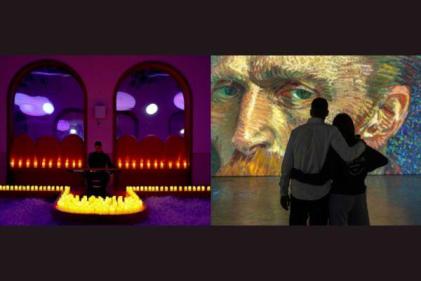In the first ever case of its kind in the United States, a man, who had recently celebrated the arrival of his son, was informed that the father of his child was actually his twin brother - the infant's uncle - who was lost in early pregnancy almost 35 years ago.
In a process known as chimera, the man from Washington absorbed extra genes from his twin while in utero meaning that his twin was actually the biological father of the child, not him.
The discovery was made after the couple, who had conceived their child with the help of fertility treatment, learned that their infant's blood type did not match that of his parents'.
Following a paternity test which confirmed the infant was not the biological son of the 34-year-old man, the understandably devastated couple sought answers, convinced the fertility clinic had mixed up the sperm samples.
After seeking further confirmation from a lab-accredited paternity test which rendered the same results, the couple approached the fertility clinic and laid bare their concerns.
They were informed it was highly unlikely a switch had taken place as the man was the only white man to donate sperm at the facility on the day their son was conceived meaning there had been no mix-up.
Perplexed, the couple then sought the expert advice of Barry Starr a geneticist at Stanford University, in the hopes he may be able to explain the disparity.
With the help of a startup firm named 23and Me, the couple learned that the man was in fact the infant's uncle - something which baffled researchers until they realised what they were dealing with.
Recalling the moment, Dr. Starr said; "That was kind of a eureka moment. Chimera reports are very rare but they are real."
Dr. Starr, in an effort to confirm his suspicions, approached genetic counselor, Kayla Sheets of Vibrant Gene Consulting who in turn enlisted the help of Michael Baird of the DNA Diagnostics Center in Ohio.
A cheek swab genetic test confirmed again that the man was not the infant's father while a test of his semen indicated that approximately 10% of his cells were genetic matches to the child.
Commenting on the discovery, Mr. Baird explained that "the sperm showed (the father) was indeed a genetic chimera", meaning that the infant's father is effectively his uncle who was never born.
"Human chimerism is very common, but exquisitely difficult to identify, coming to light almost exclusively by accidents like this," explained Charles Boklage of East Carolina University when approached by BuzzFeed News.
What an incredibly story.








